India absent from Malaria Summit in London
Fri 20 Apr 2018, 12:46:19
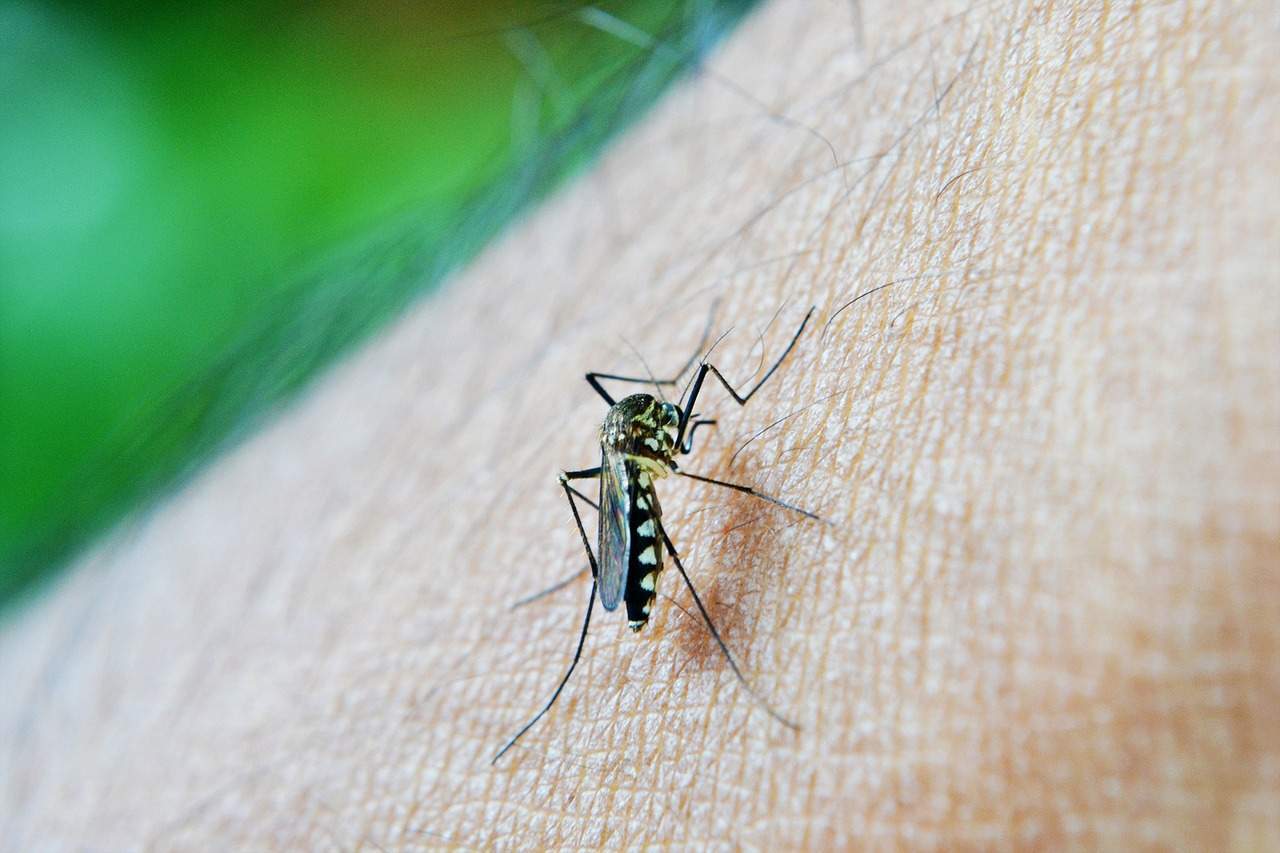
India was conspicuous by its absence from the Malaria Summit in London alongside the 25th Commonwealth Heads of Government Meeting (CHOGM) despite having the third largest malaria cases in the world after Congo and Nigeria, those campaigning against the disease said on Thursday.
There was no India representative to participate in the summit because there is no India commitment, they said. One in seven Indians is at risk of contracting malaria.
The Summit on Wednesday expected world leaders, mainly from malaria-risk countries like India, to express their commitment to beat the disease worldwide.
On Tuesday, James Whiting, Executive Director, Malaria No More (MNM) UK, had told IANS: "India is central to this achievement (elimination of malaria from the Commonwealth countries). We look forward to hear the strategy India is working on to eliminate malaria by 2030."
The summit expected the world leaders to renew their financial and political commitments to continue the fight against malaria, which is showing signs of fighting back. Malaria
cases rose to 216 million globally in 2016, five million more than a year ago.
cases rose to 216 million globally in 2016, five million more than a year ago.
"In 2016, for the first time in years, the number of malaria cases in the world went up. This is not a blip. It is not noise. It is a signal. What it signals is this: We have reached the point of diminishing returns from our current strategy," Microsoft founder Bill Gates said at the summit.
The Malaria Summit saw 14 heads of state and government, scientists and private sector and international organisations making significant commitments to catalyse progress towards beating malaria at a time when efforts to end the preventable disease have stalled.
"High-level political commitment to beat malaria were made by the heads of government and Ministers from 19 Commonwealth countries," said a Malaria Summit communique shared by the MSL Group.
The summit featured collective commitments worth over 4.1 billion dollars from governments, private sector, philanthropists and international organisations.
No Comments For This Post, Be first to write a Comment.
Most viewed from Specials
Most viewed from World
AIMIM News
Latest Urdu News
Most Viewed
May 26, 2020
Do you think Canada-India relations will improve under New PM Mark Carney?
Latest Videos View All
Like Us
Home
About Us
Advertise With Us
All Polls
Epaper Archives
Privacy Policy
Contact Us
Download Etemaad App
© 2025 Etemaad Daily News, All Rights Reserved.

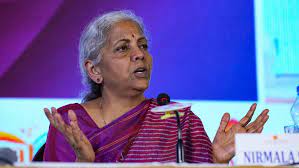
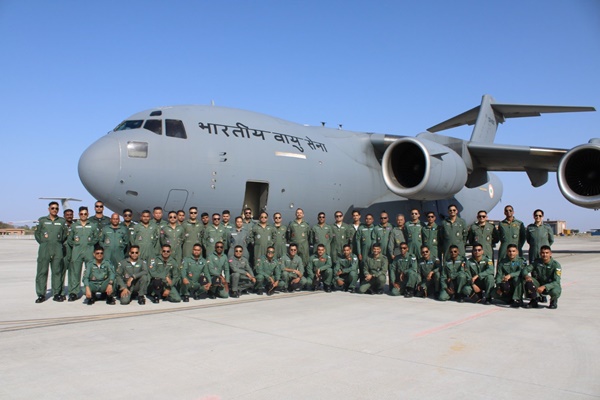










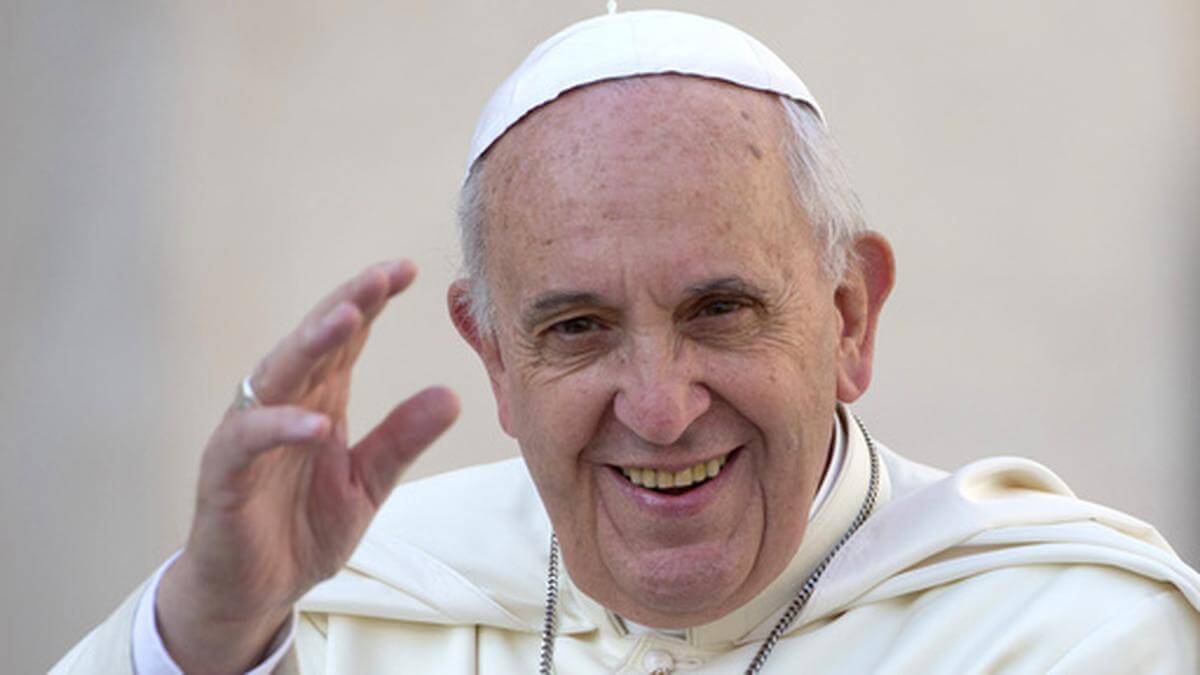
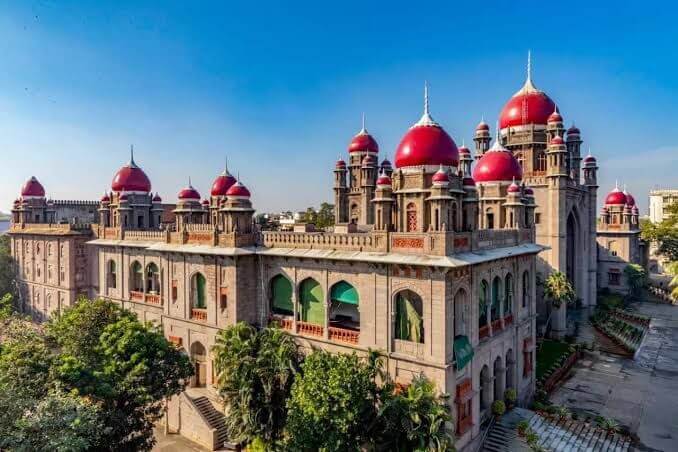
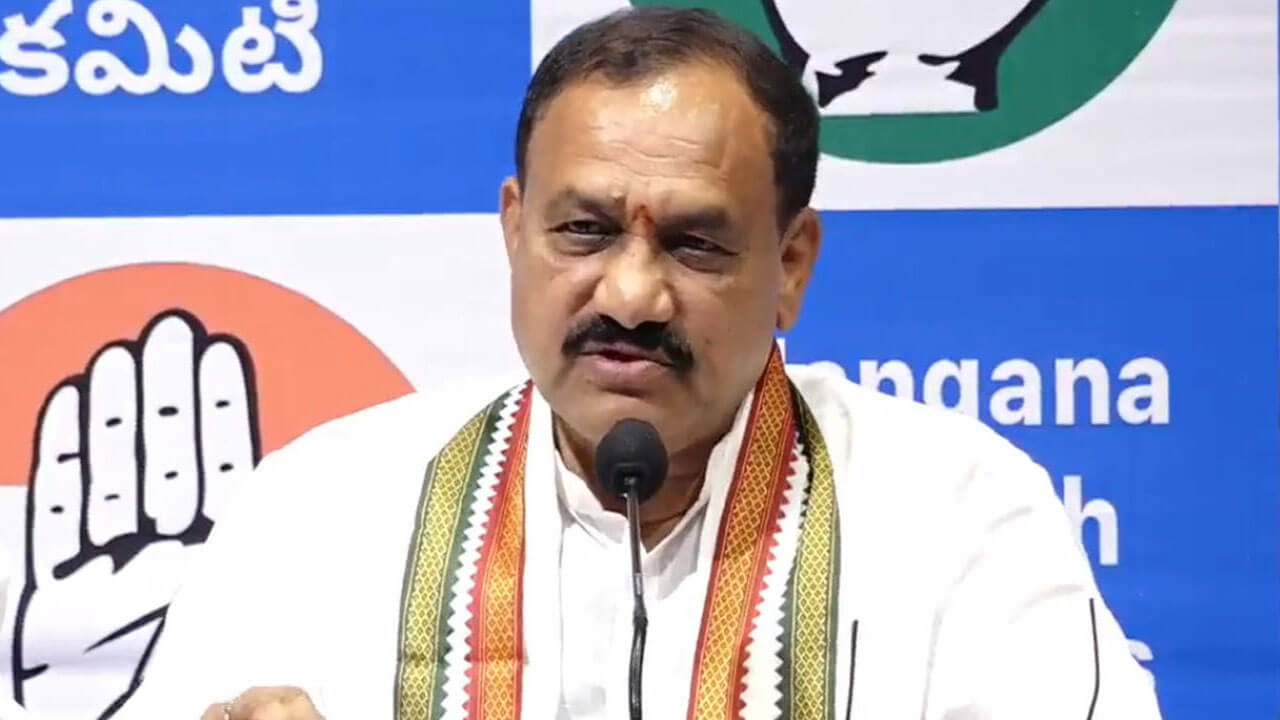
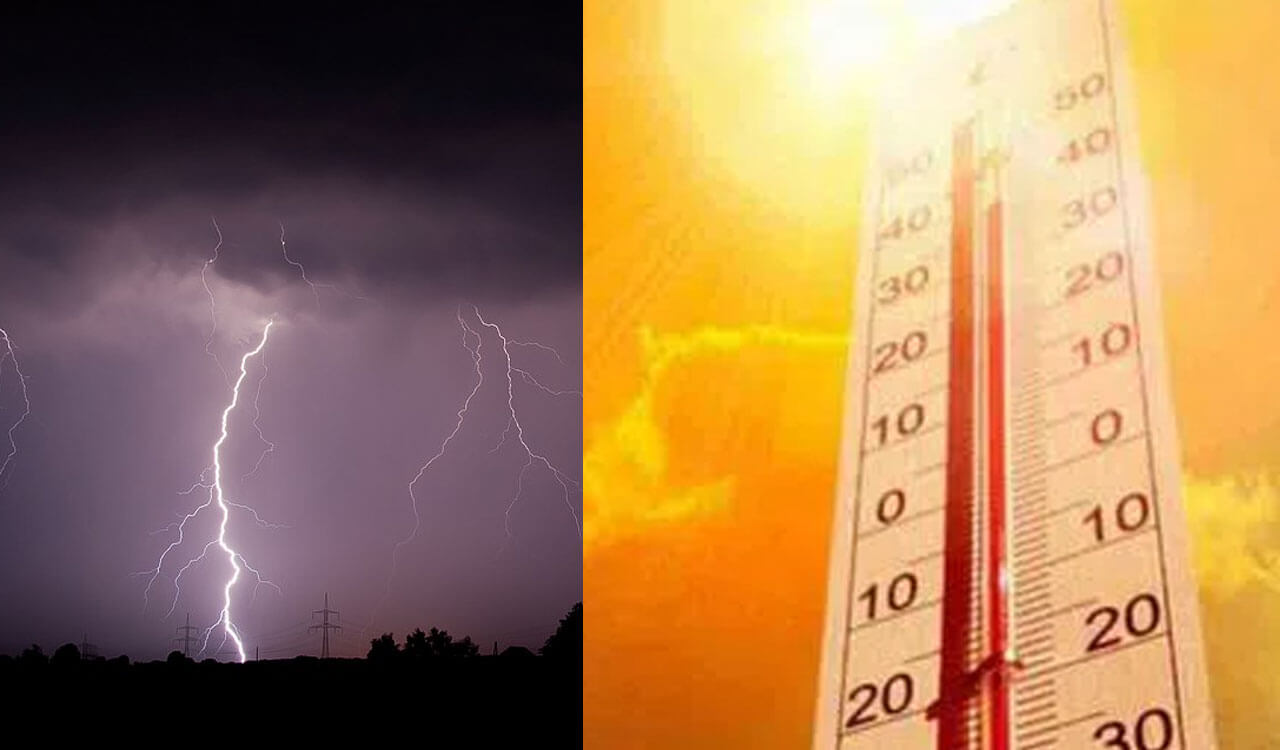
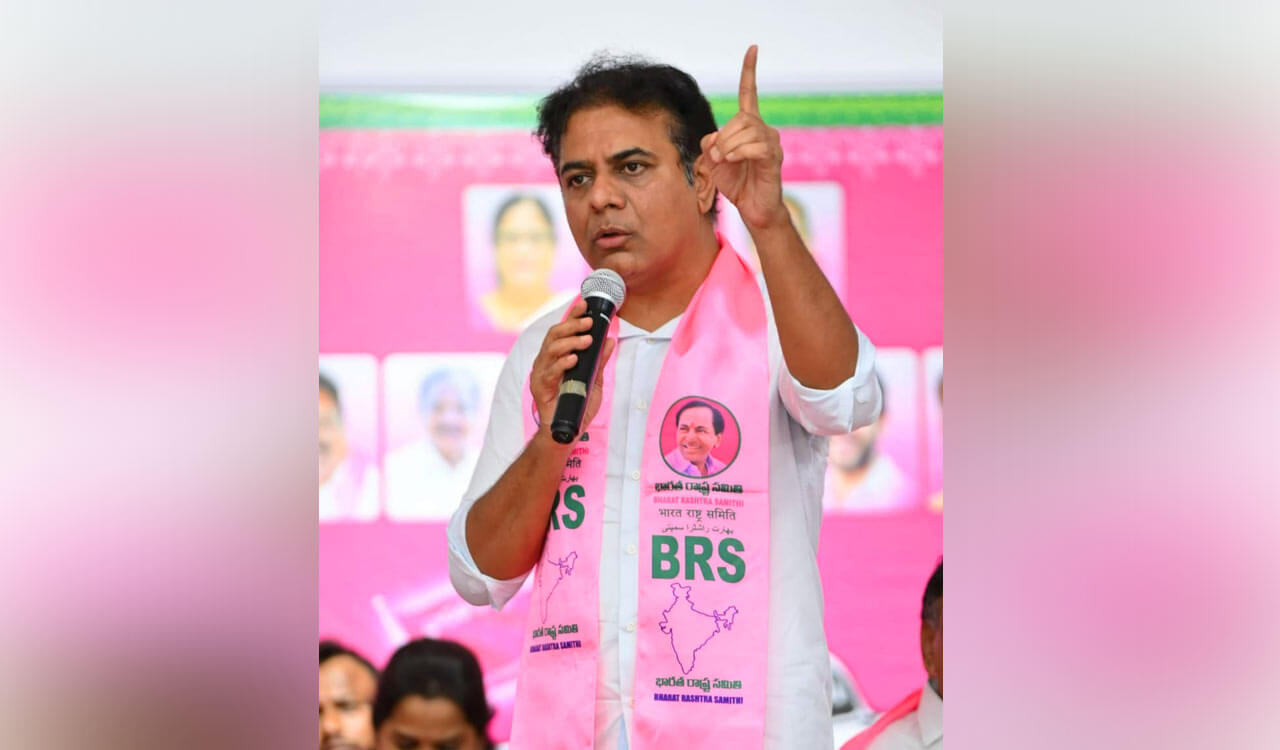

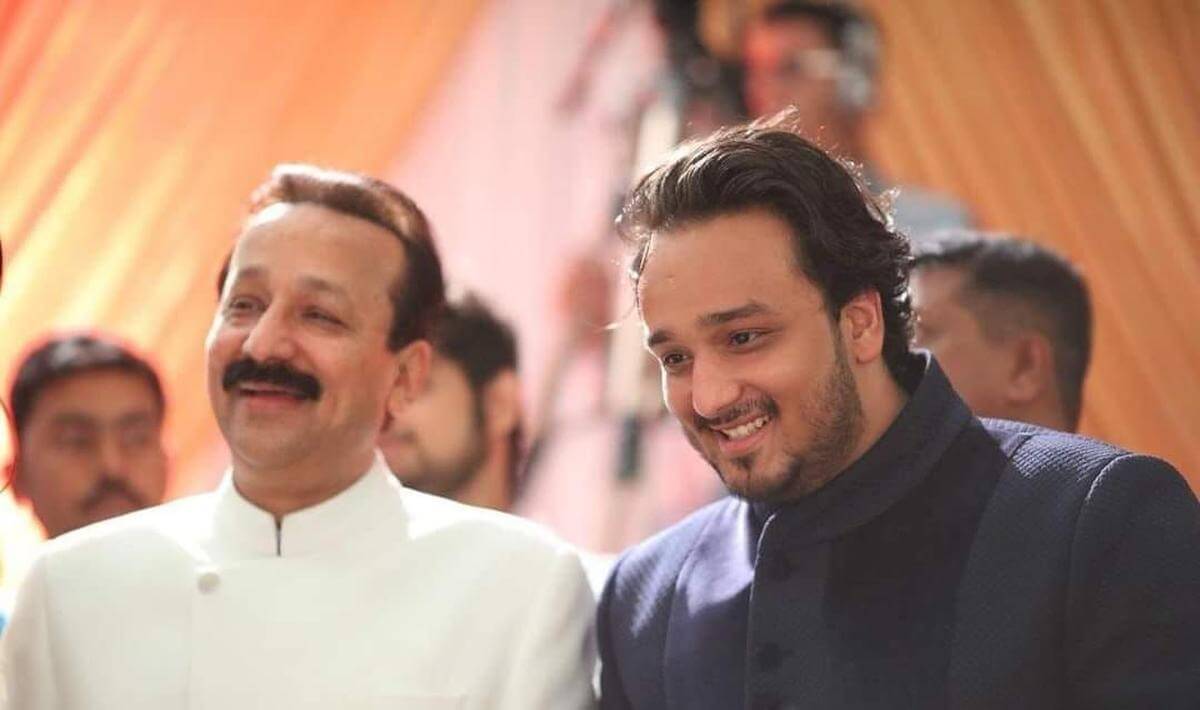
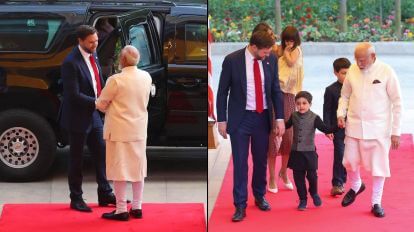
.jpg)
.jpg)
.jpg)
.jpg)

















